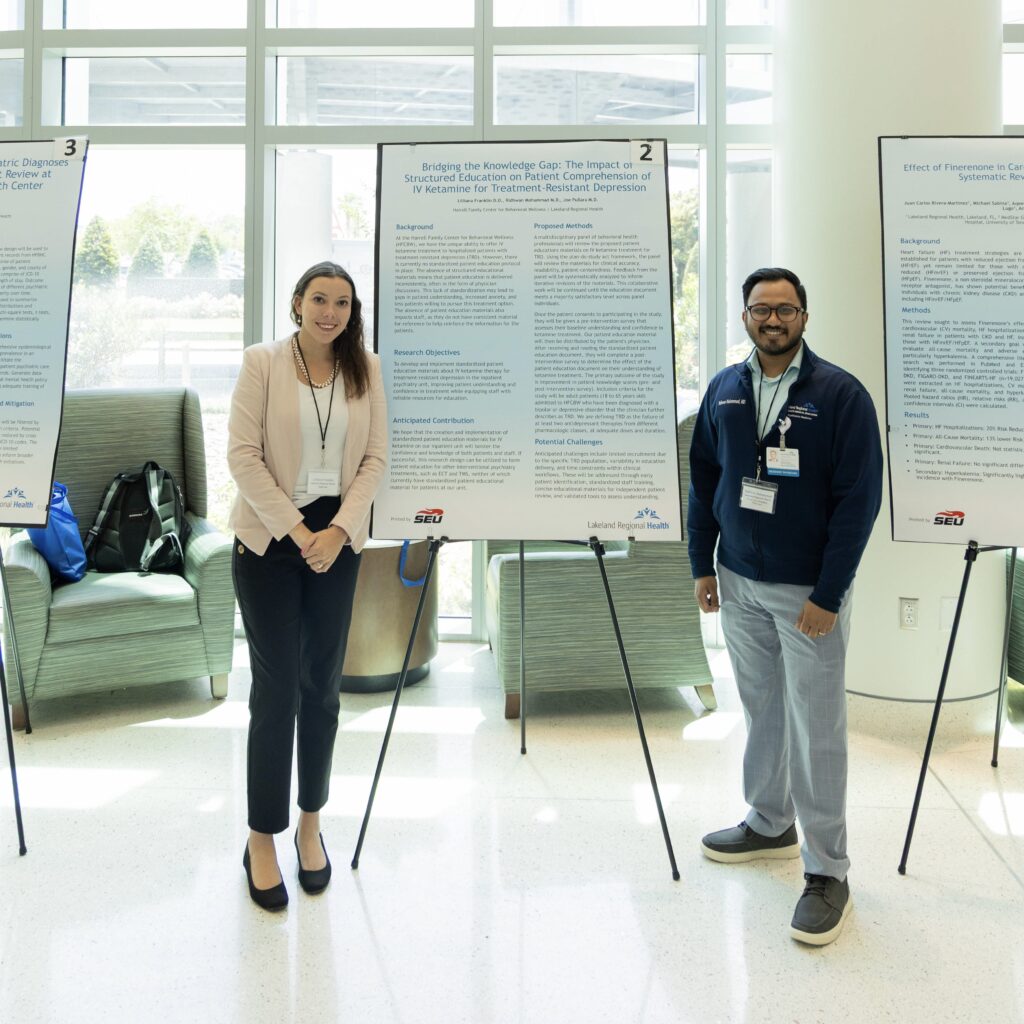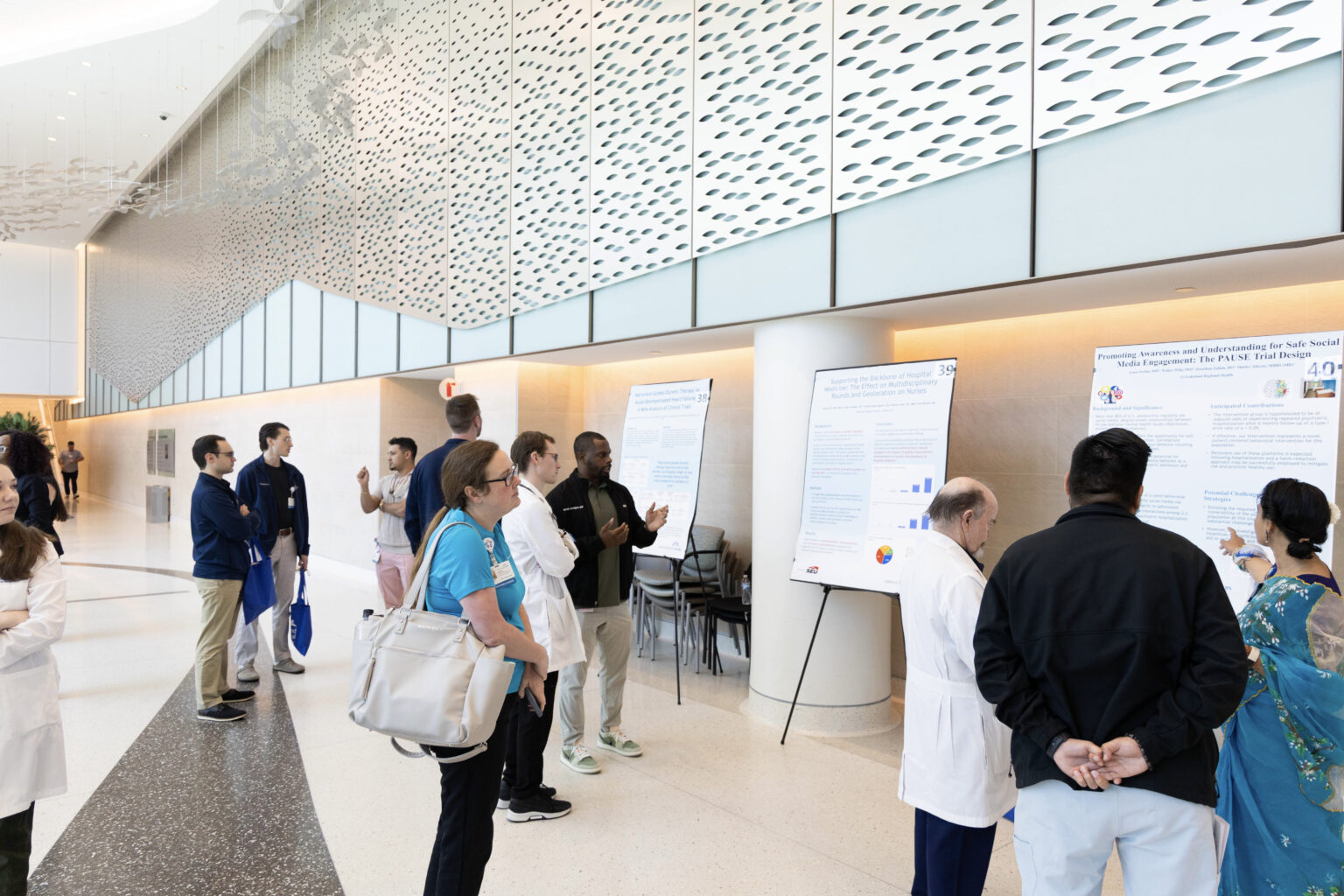Complete our department’s intake survey for assistance with developing your research idea. Before meeting with our department, we ask that you prepare your research questions in a PICOT format & complete a brief literature review to ensure there is a “gap” in the existing literature for your study to fill.
PICOT Question
The PICOT format is a structured way to formulate research questions, especially in healthcare and clinical practice. It helps researchers and practitioners clearly define their focus areas. The acronym stands for:
- P – Population/Patient: Who is the patient or population of interest? This could be based on age, gender, condition, or other defining characteristics.
- I – Intervention: What is the intervention or exposure being tested or investigated? This could be a treatment, diagnostic test, or risk factor.
- C – Comparison: What is the comparison group or alternative to the intervention? It could be a placebo, standard treatment, or no intervention at all.
- O – Outcome: What are the desired outcomes or effects of the intervention? This could be improvements in health, changes in behavior, or specific physiological measures.
- T – Time: (optional) What is the duration of the study or how long the intervention lasts? Some PICOT questions may not include a time component, but it’s important for those that do.
Example:
- P: Adults with type 2 diabetes
- I: Exercise program
- C: No exercise or standard care
- O: Improvement in blood sugar levels
- T: Over 12 weeks
PICOT Question: In adults with type 2 diabetes, how does an exercise program compared to no exercise or standard care affect blood sugar levels over 12 weeks?
Literature Review
Completing a brief literature review helps to ensure that the research idea you are interested in help to add to the existing body of literature (as opposed to recreating existing studies). We call this identifying a “gap” in the literature – our goal is to help you fill that gap with your proposed study idea. A brief literature review can consist of 3-5 sources that support your study idea.
Example of a Brief Literature Review:
Topic: The Impact of Exercise on Blood Sugar Control in Type 2 Diabetes
- Study 1 (Smith et al., 2023) found that moderate-intensity exercise significantly lowered fasting blood sugar levels in patients with type 2 diabetes after 8 weeks of intervention.
- Study 2 (Johnson & Lee, 2022) showed that combining aerobic and resistance training resulted in better long-term blood sugar management than aerobic exercise alone, particularly in older adults.
- Study 3 (Williams, 2021) suggested that a daily 30-minute walking regimen led to moderate improvements in HbA1c levels, but the effects were less pronounced in patients with severe insulin resistance.
Synthesis: The studies generally support the idea that exercise can have a positive effect on blood sugar control in individuals with type 2 diabetes. However, the most beneficial types of exercise and the necessary duration vary. The combination of aerobic and resistance training may be more effective than aerobic exercise alone, particularly for older populations. Future studies should address the long-term effects of exercise on insulin resistance.


